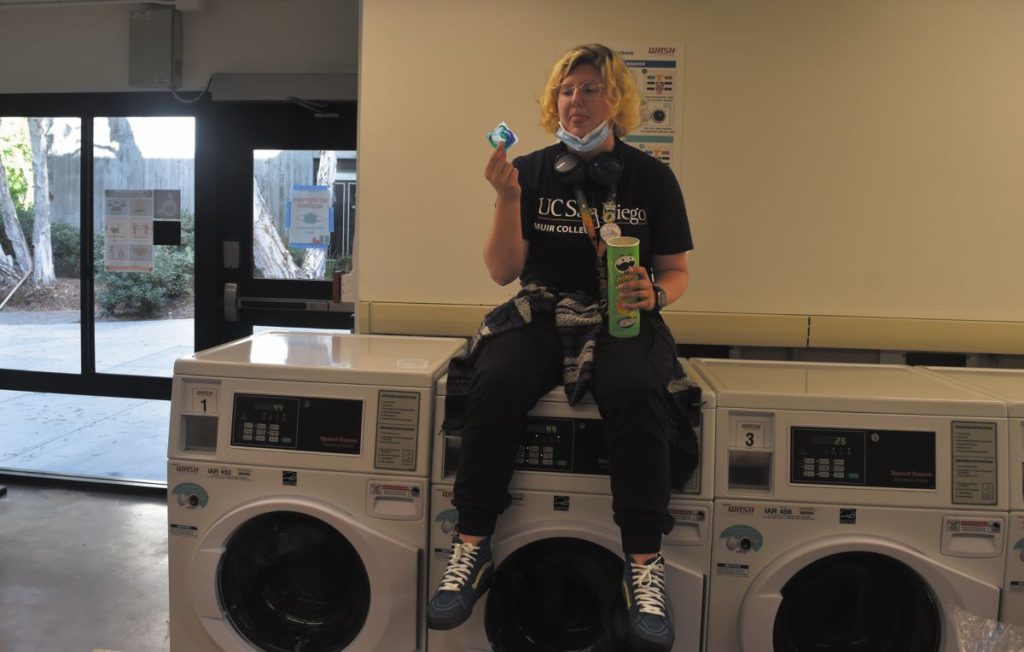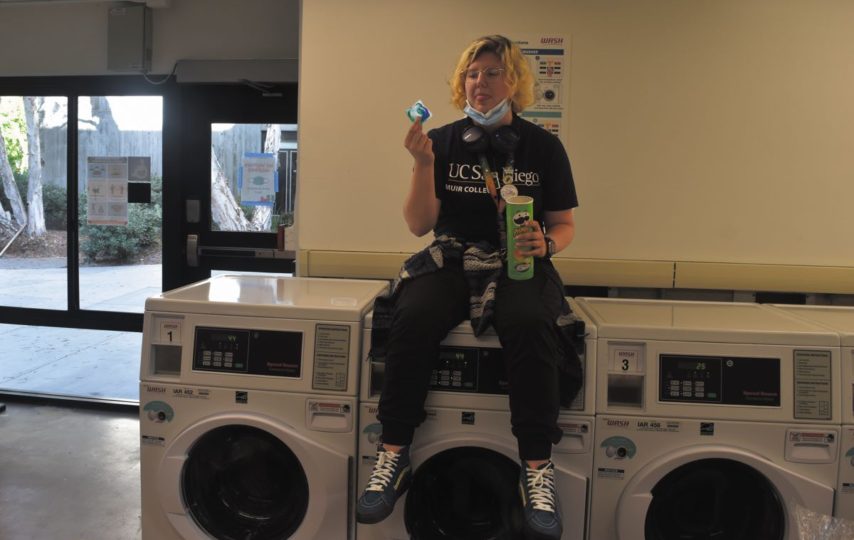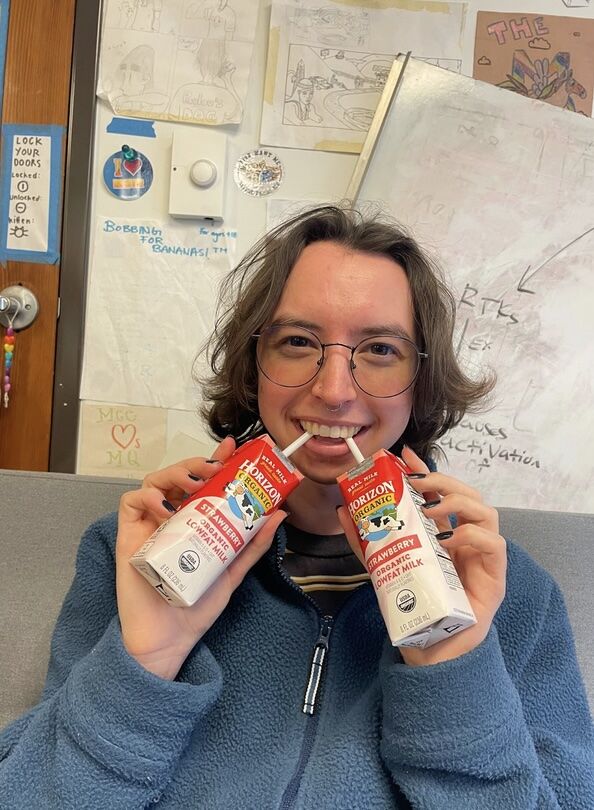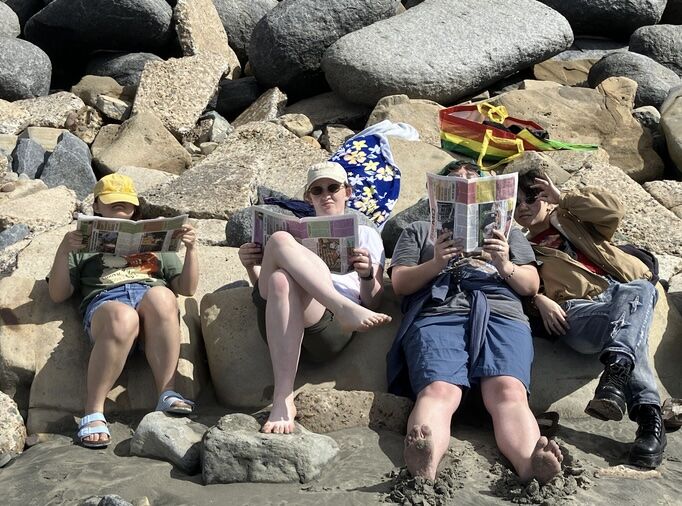
“At least I know my food is clean,” said Lyall.
Photo by Jack Yang
With understaffing and poor working conditions causing eon-long wait times at dining halls, UCSD admin made the decision last Tuesday to convert the entirety of the student body’s remaining Dining Dollars to Triton Cash.
While at first converting only $100 per student, HDH eventually opted to exchange the currency altogether. “We think this change will greatly alleviate the problem of overcrowding, understaffing, and general misery at dining halls, allowing students to die in peace,” said an anonymous HDH representative. While HDH officials claim the move has “yielded great results,” the abrupt shift in the economy has resulted in all dining halls and markets closing indefinitely.
Soon after the wave of closures, the remaining on-campus food establishments followed suit, with Kris Cyle, manager of Sunshine Market, citing the “Price-to-Seventh Subway lunch line” on Friday as rationale.
For students, the conversion requires a change in lifestyle. Many, like Sixth second-year Jamie Lyall, now spend most waking hours in the laundry room. “I chose the $5,623 plan,” said Lyall, flinging clumps of clothing into the washing machine. “This is my life.” The two dining plans — the $3,749 plan and the $5,623 plan — conveniently allow students to do approximately 1,500 and 2,249.2 loads of laundry each according to projections. Currently, there is no other possible use for Triton Cash, “except perhaps gambling,” Lyall stated.
Students are “determined to seize this opportunity for cleanliness,” evidenced by long, “somehow familiar” lines overflowing from the laundry rooms. Sources claim these students’ clothes have “never been smaller or more fragrant.” Fresh clothes do little to abate hunger; however, Lyall has found comfort by kneeling down before the washing machine after pressing start. “The hunger goes away if you keep your eyes on the clothes,” he said, swaying slightly. “Look. Around and around and around they go.”
Other students have employed different methods to deal with the hunger problem. Some work around the issue by simply “eating in the only place they can: the laundry room.” This includes ingesting various laundry-related items, like detergents and wet clothes. These “eats,” while reportedly delicious, are not yet mainstream among Tritons. Some students are using the laundry machines to cook real food. A group of students known as the “Clean Eaters” made themselves known in the past week by reconfiguring bleach dispensers as broth dispensers. “Any concentrated mixture of seasoning — like bean paste, or the powder in instant ramen — can be poured into the appropriate dispenser,” said one student. “Upon starting a wash, the powder is run through with hot water, resulting in a broth in the main cylindrical compartment. This broth can then be spun with some kind of noodle or vegetable mixture, resulting in a hot and plentiful meal.”
This “culinary revolution” has been a wonderful surprise to many, including officials at HDH. “Tritons aren’t just living, they’re surviving!” exclaimed one representative. With the success of the administrative decision, students are reportedly looking forward to HDH’s solution for the housing crisis.
17 shots no 38









